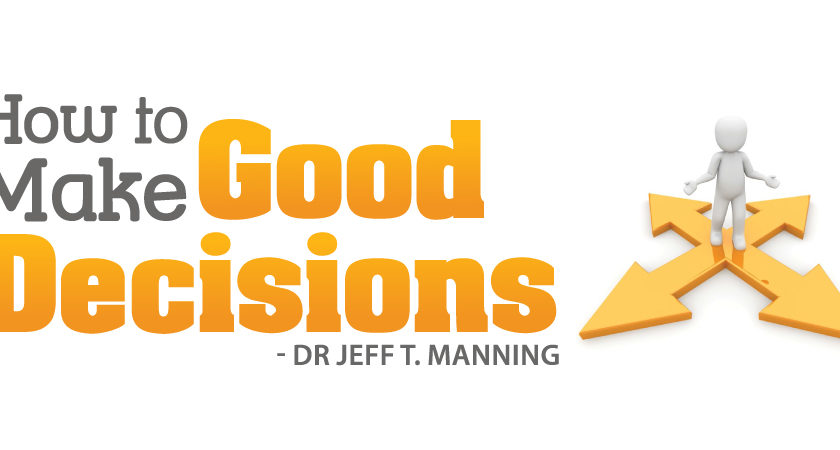It was one of those rare, heart-warming and grace-filled occasions. The Presentation Sisters (PBVM) gathered at St. Mary’s Co-Cathedral, Chennai on 13 Jan ’17 to celebrate 175 years of their life and mission in India. On that day 175 years ago four of their Sisters from Ireland arrived in India and started at George Town, Chennai their mission, which expanded gradually to several States. They had given me the privilege of being the chief celebrant and the homilist at the Thanksgiving Eucharist. Like true friends who don’t forget you, they had remembered that 25 years ago, in 1992, when they celebrated their 150 years in India, I happened to be the celebrant.
Through whatever they do here in India and several other countries, the good Sisters seek to fulfill the dream of a great Irish woman – a woman of wisdom and courage. Nano (Honora) Nagle, who founded the Sisters of the Presentation of the Blessed Virgin Mary, was born in Ballygriffin, County Cork, Ireland in 1718. Her family, which owned a lot of land in the area, had to pay a heavy price for clinging to their Catholic faith.
In order to force the Irish Catholics to give up their faith and swear allegiance to the Church of England, the English imposed on them what are called the Penal Laws. These cruel laws were designed to keep the Irish poor and illiterate. If you were not ready to give up your Catholic faith, you had to surrender your land. If you tried to receive or impart education, your properties would be confiscated and you would be thrown into prison. Nor could you try to send your children abroad to be educated. Explaining the real aim of these laws, the great Irish orator and parliamentarian, Edmund Burke, who was a relative of Nano, remarked: “Their declared object was to reduce the Catholics in Ireland to a miserable populace, without property, without estimation, without education.”
But since the family understood the value of education, it dared to send Nano and her sister to France for a good Catholic education. She is said to have lived a hectic social life in France, marked by “balls, parties and theater outings, all the glamour of the life of a wealthy young lady.” It was after one of these parties that she noticed a group of miserably poor people, huddled in a church doorway. The striking contrast between their lot and her life stayed with her. When she returned and went to Dublin to live with her mother, she was hit by the sad impact of widespread poverty. She returned to Paris to join an Ursuline convent, but her spiritual director advised her to return to Ireland and take up the education of poor Irish children.
She realized education was the key to liberating her people from poverty and oppression. Therefore, in spite of the risks posed by the Penal Laws, Nano, with prophetic courage, started a school in 1754. In the next three years she started seven schools that provided basic education and religious instruction. With the support of her family she soon established a network of schools in Cork. After school hours, she visited the sick and the elderly to give them food and medicine. As she went at night with a lantern from hovel to hovel to comfort the sick and to teach the poor, she was called ‘the Lady of the Lantern.’ This is why the lantern has become a symbol of the religious congregation she founded, the Presentation Sisters, who work today in 26 countries all over the world.
Nagle, who has been named the “greatest Irish person of all time,” was declared ‘Venerable’ by Pope Francis on 31 October 2013. Next year all those who recognize the greatness of Nano Nagle will celebrate with joy her 300th birth anniversary. May her example be our guiding lantern!
– Fr M. A. Joe Antony SJ is at present editor, Jivan, the magazine of South Asian Jesuits and the executive secretary of and advisor to the Provincial Superior of Jesuits in Tamil Nadu. For 20 years he edited the New Leader and gave it a new life and reputation.
To subscribe to the magazine Contact Us
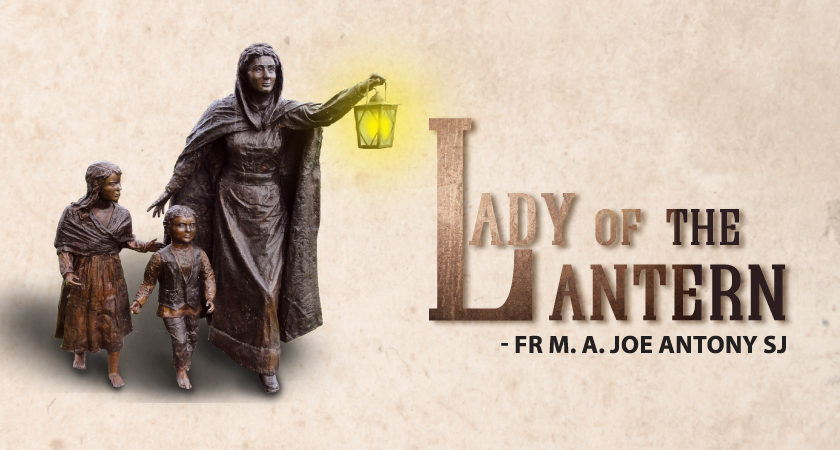
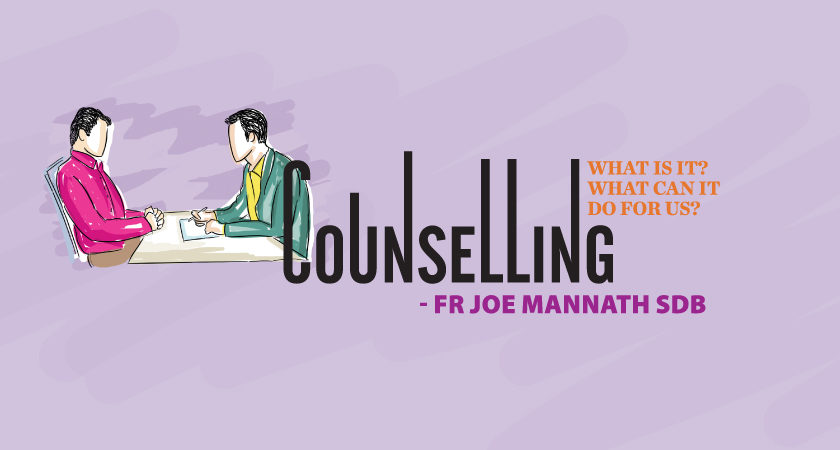
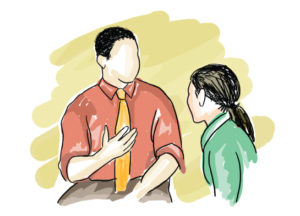
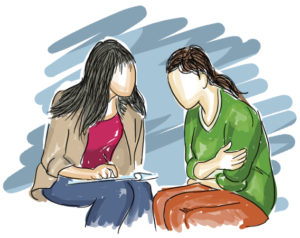 In other words, suppose Iam under distress—fear, jealousy, broken relationships, inability to control anger, sexual problems, or bitterness towards someone who hurt me. I am wondering whom to go to. Should I go for help to Eileen, who is a woman of wisdom and relates well, or to Esther, who has advanced college degrees, but seems to lack common sense and life-experience? It is better to go to Eileen than to Esther. Understanding life and people is different from academic brilliance or shrewdness in business.
In other words, suppose Iam under distress—fear, jealousy, broken relationships, inability to control anger, sexual problems, or bitterness towards someone who hurt me. I am wondering whom to go to. Should I go for help to Eileen, who is a woman of wisdom and relates well, or to Esther, who has advanced college degrees, but seems to lack common sense and life-experience? It is better to go to Eileen than to Esther. Understanding life and people is different from academic brilliance or shrewdness in business.
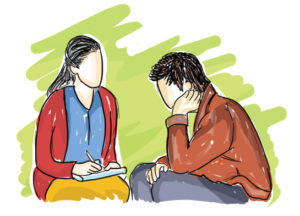 So, go for it.
So, go for it.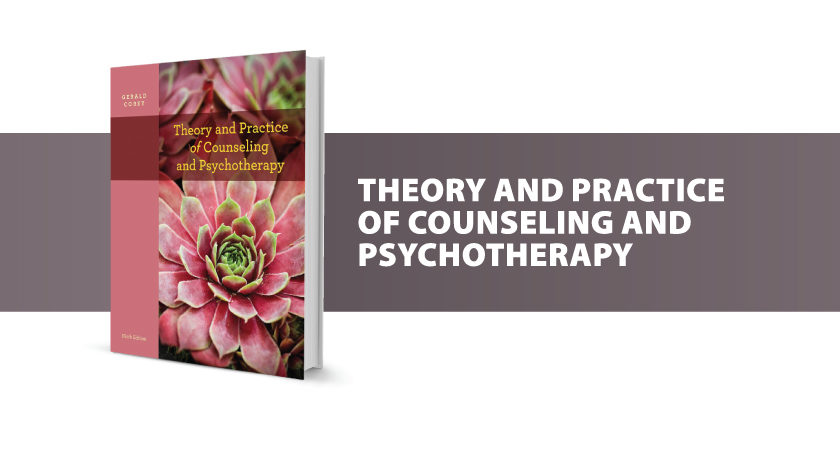
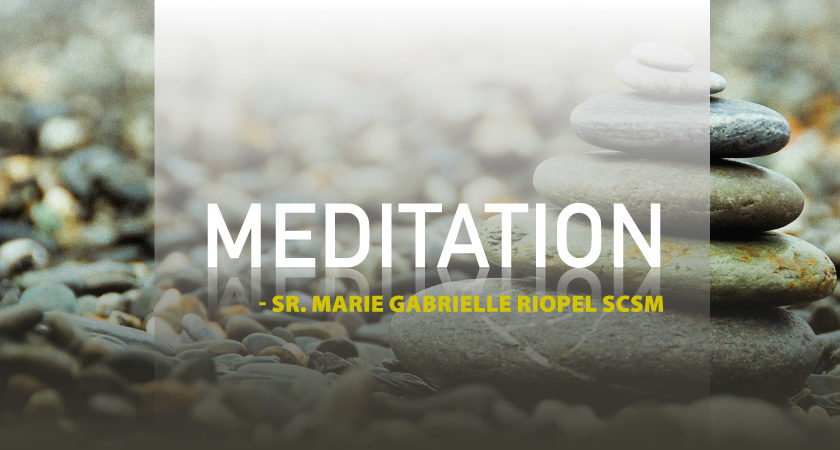
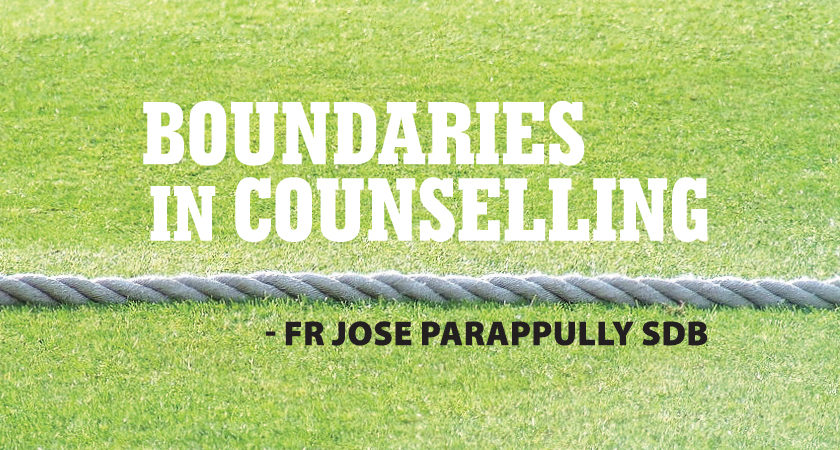
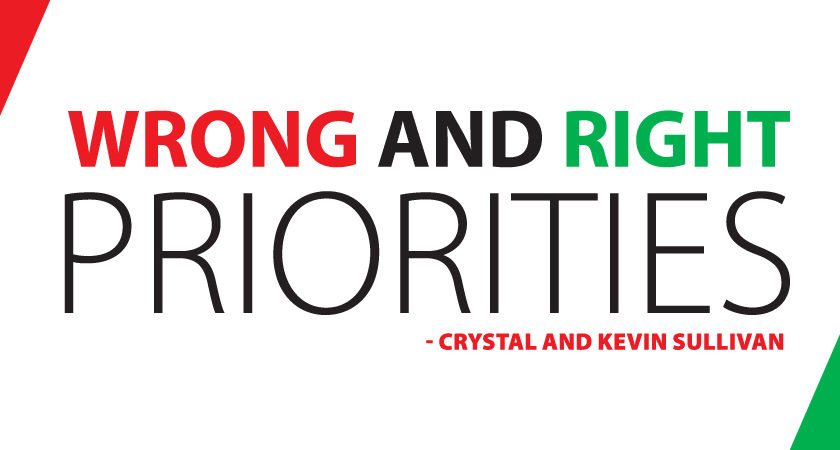
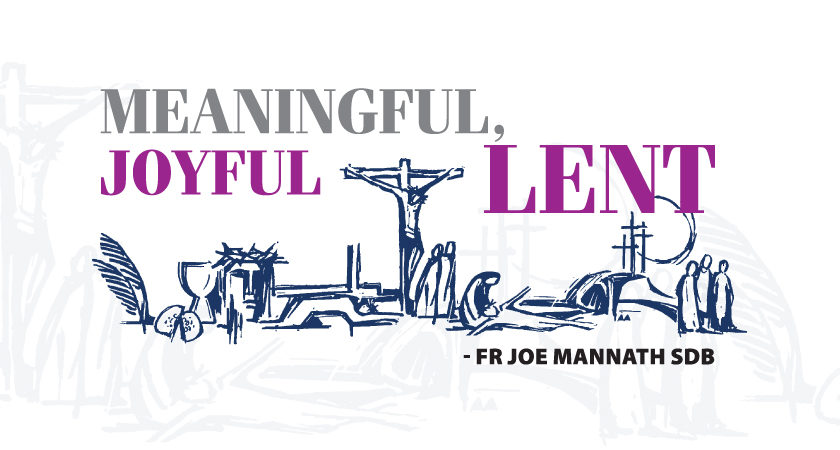
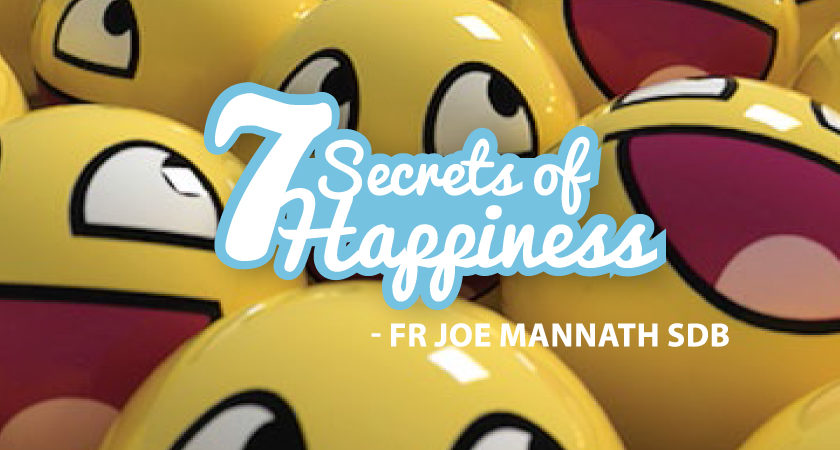
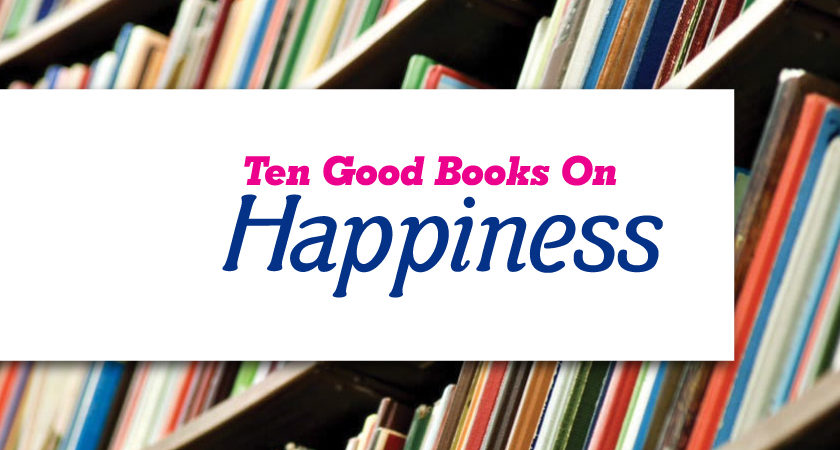
 1. The Art of Happiness
1. The Art of Happiness 2. Authentic Happiness: Using the New Positive Psychology to Realize Your Potential for Lasting Fulfillment
2. Authentic Happiness: Using the New Positive Psychology to Realize Your Potential for Lasting Fulfillment 3. The Gifts of Imperfection: Let Go of Who You Think You’re Supposed to Be and Embrace Who You Are
3. The Gifts of Imperfection: Let Go of Who You Think You’re Supposed to Be and Embrace Who You Are
 5. Happiness: A Guide to Developing Life’s Most Important Skill
5. Happiness: A Guide to Developing Life’s Most Important Skill 6. The Happiness Hypothesis: Finding Modern Truth in Ancient Wisdom,
6. The Happiness Hypothesis: Finding Modern Truth in Ancient Wisdom,  7. The Happiness Project: Or, Why I Spent a Year Trying to Sing in the Morning, Clean My Closets, Fight Right, Read Aristotle, and Generally Have More Fun
7. The Happiness Project: Or, Why I Spent a Year Trying to Sing in the Morning, Clean My Closets, Fight Right, Read Aristotle, and Generally Have More Fun 8. Stumbling On Happiness
8. Stumbling On Happiness 9. The How of Happiness: A Scientific Approach to Getting the Life You Want
9. The How of Happiness: A Scientific Approach to Getting the Life You Want 10 % Happier
10 % Happier